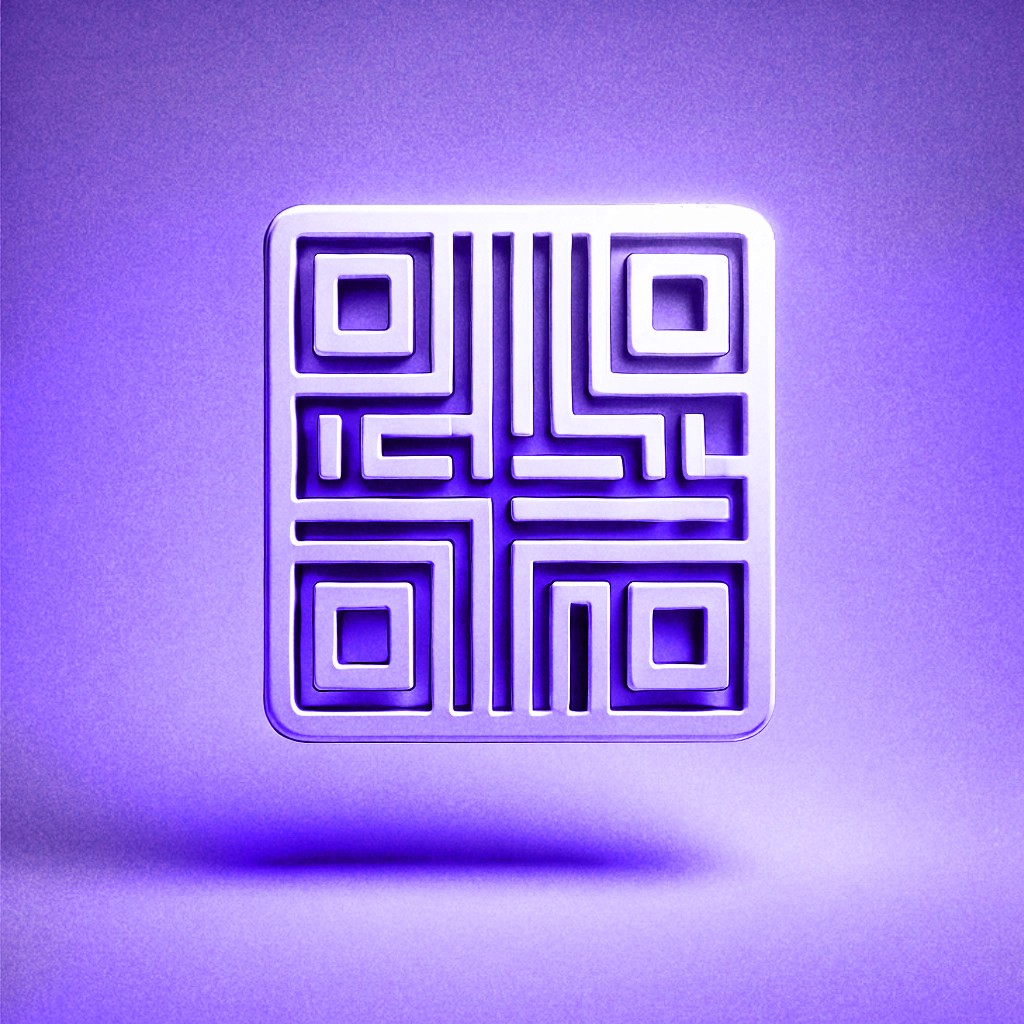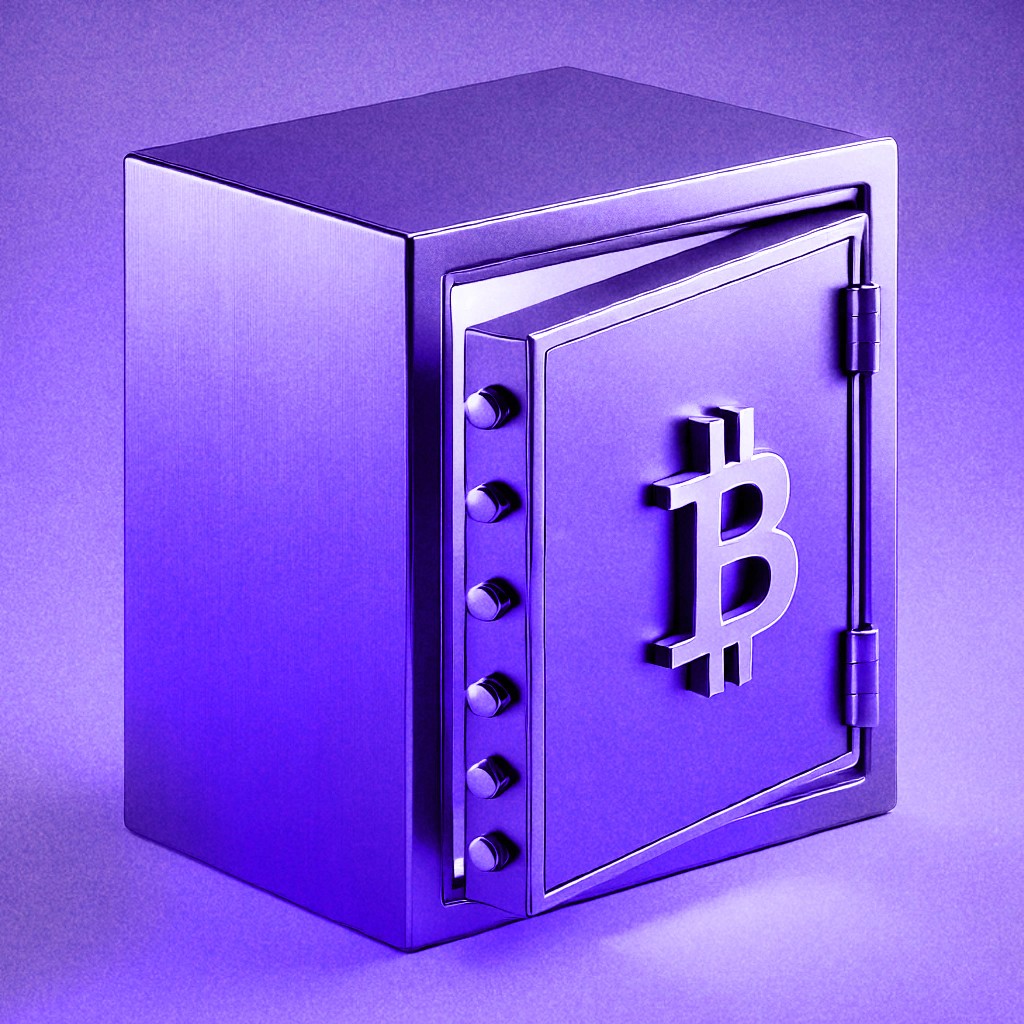
10. sep. 2024
Cryptocurrency is a digital currency powered by blockchain technology, enabling secure, decentralized transactions without a central authority. It uses cryptography for security and relies on miners to validate transfers.
Picture a world where you can send money to someone on the other side of the planet without relying on a bank or middleman. A world where you own your wealth entirely, immune to government interference or economic instability. Welcome to the world of cryptocurrency—a financial revolution that’s reshaping how we think about money.
In this guide, we’ll break down what cryptocurrency is, how it works, and why it’s such a big deal. Whether you’re a curious beginner or someone just hearing the term for the first time, by the end of this article, you’ll have a solid grasp of this groundbreaking technology.
A brief history of money
To understand cryptocurrency, it helps to first understand how money evolved. Long ago, people exchanged goods directly—bartering food for tools or livestock. While functional, this system was inefficient. The need for a standardized medium of exchange gave birth to coins made of precious metals, and later, paper money backed by governments.
Fast forward to the 21st century: most money exists digitally, managed by banks and financial institutions. However, these systems are centralized, meaning they require trust in a third party to function. In 2009, following a global financial crisis, a decentralized alternative emerged: Bitcoin, the first cryptocurrency. Its promise? A secure, transparent, and trustless monetary system that anyone could use.

Cryptocurrencies represent a significant advancement in the evolution of money
Cryptocurrency explained
Cryptocurrency is digital money designed to work on decentralized networks. Unlike traditional currencies like the dollar or euro, it isn’t controlled by any government or central authority. Instead, it operates on a system of peer-to-peer technology and cryptographic security.
Each transaction is recorded on a blockchain, a digital ledger that ensures transparency and prevents fraud. While Bitcoin was the first and remains the most well-known, there are now thousands of cryptocurrencies, including Ethereum, Solana, and Cardano, each with unique features and applications.
A digital ledger
If cryptocurrency were a book, blockchain would be its pages. Imagine a ledger where every transaction ever made is recorded and stored in “blocks.” These blocks are linked together to form a “chain,” hence the name blockchain.
What makes blockchain special is that it’s decentralized. Instead of being stored on one company’s server, it’s spread across thousands of computers worldwide. This ensures that no single entity can manipulate or alter the data.
For example, when you send Bitcoin, the transaction is added to a block, verified by a network of computers (called nodes), and then permanently recorded. It’s transparent, secure, and nearly impossible to hack.
Why do cryptocurrencies matter?
Cryptocurrency isn’t just a new way to handle money—it’s a transformative technology with far-reaching implications.
Financial inclusion
Over a billion people worldwide lack access to traditional banking. Cryptocurrencies enable them to participate in the global economy using just a smartphone and internet connection.
Reducing costs
Cryptocurrency transactions eliminate intermediaries, reducing fees for things like international transfers and remittances.
Innovation beyond money
Blockchain technology powers not only cryptocurrencies but also decentralized apps, smart contracts, and even digital art in the form of NFTs (non-fungible tokens).
Challenges and risks
Cryptocurrency has emerged as a revolutionary innovation in the financial world. However, like any groundbreaking technology, it is accompanied by its own set of challenges and risks. Understanding these can help investors and users navigate the crypto space more effectively.
Volatility
Cryptocurrencies are notorious for their extreme price fluctuations. Bitcoin, the first and most well-known cryptocurrency, has experienced significant swings in value. For instance, its price ranged from around $1,000 in 2017 to over $60,000 in 2021, only to drop by more than half within months. Such volatility can lead to substantial gains, but also significant losses, making cryptocurrencies a risky investment for those unprepared for rapid changes in value.
Scams and fraud
The decentralized and relatively anonymous nature of cryptocurrencies has made the industry a target for scams and fraudulent schemes. From fake initial coin offerings (ICOs) to phishing schemes and pump-and-dump tactics, bad actors often prey on unsuspecting investors. This underscores the importance of thorough research and vigilance. A good rule of thumb is to avoid deals that promise unrealistically high returns or lack transparency about their operations.

The legal status of cryptocurrencies depends on the jurisdiction you reside in
Are cryptocurrencies legal?
Cryptocurrencies operate in a gray area in many jurisdictions. Governments and regulatory bodies worldwide are still working on creating frameworks to manage and oversee the use of digital assets. This regulatory uncertainty poses challenges for users, investors, and companies, as rules can change unexpectedly or vary significantly from one country to another. For instance, while some nations embrace cryptocurrencies, others have imposed outright bans or strict regulations, complicating global adoption and investment strategies.
Environmental concerns
Mining cryptocurrencies, particularly Bitcoin, involves complex computational processes that require vast amounts of energy. This has led to significant environmental concerns, as the energy consumption of the Bitcoin network rivals that of some small countries. Many critics question the sustainability of cryptocurrency mining, especially as the world faces growing pressure to address climate change. In response, some projects are exploring greener alternatives, such as transitioning to less energy-intensive consensus mechanisms like Proof of Stake (PoS).
How to get started?
If you’re intrigued by cryptocurrency and want to explore further, here’s how to begin:
Learn the basics: familiarize yourself with concepts like blockchain, wallets, and popular coins like Bitcoin and Ethereum.
Choose a wallet: pick a wallet that suits your needs. For beginners, apps like Exodus Wallet or Trust Wallet are user-friendly.
Buy cryptocurrency: use a simple onramp platform like Swapped.com. You can easily buy your first coins here.
Secure your assets: protect your private keys and consider using a cold wallet for long-term storage.
Stay informed: the crypto space evolves quickly. Follow credible news sources and communities to stay updated.
The future is bright
Cryptocurrency is more than just a trend—it’s a transformative force. While skeptics question its long-term viability, innovators are building decentralized apps (dApps), improving blockchain technology, and expanding its use cases.
In the near future, we may see cryptocurrencies becoming as commonplace as smartphones. Imagine paying for coffee with Bitcoin, signing digital contracts on the blockchain, or even voting in elections via decentralized platforms.
A world of possibilities
Cryptocurrency goes beyond digital cash—it’s a bold experiment in financial independence, transparency, and innovation. While it can seem intimidating at first, understanding the basics can open the door to a world of opportunities.
So, whether you’re curious about investing, intrigued by blockchain technology, or simply want to keep up with the digital revolution, there’s never been a better time to dive into the world of cryptocurrency. The future of money is here—are you ready to explore it?
Table of contents

























